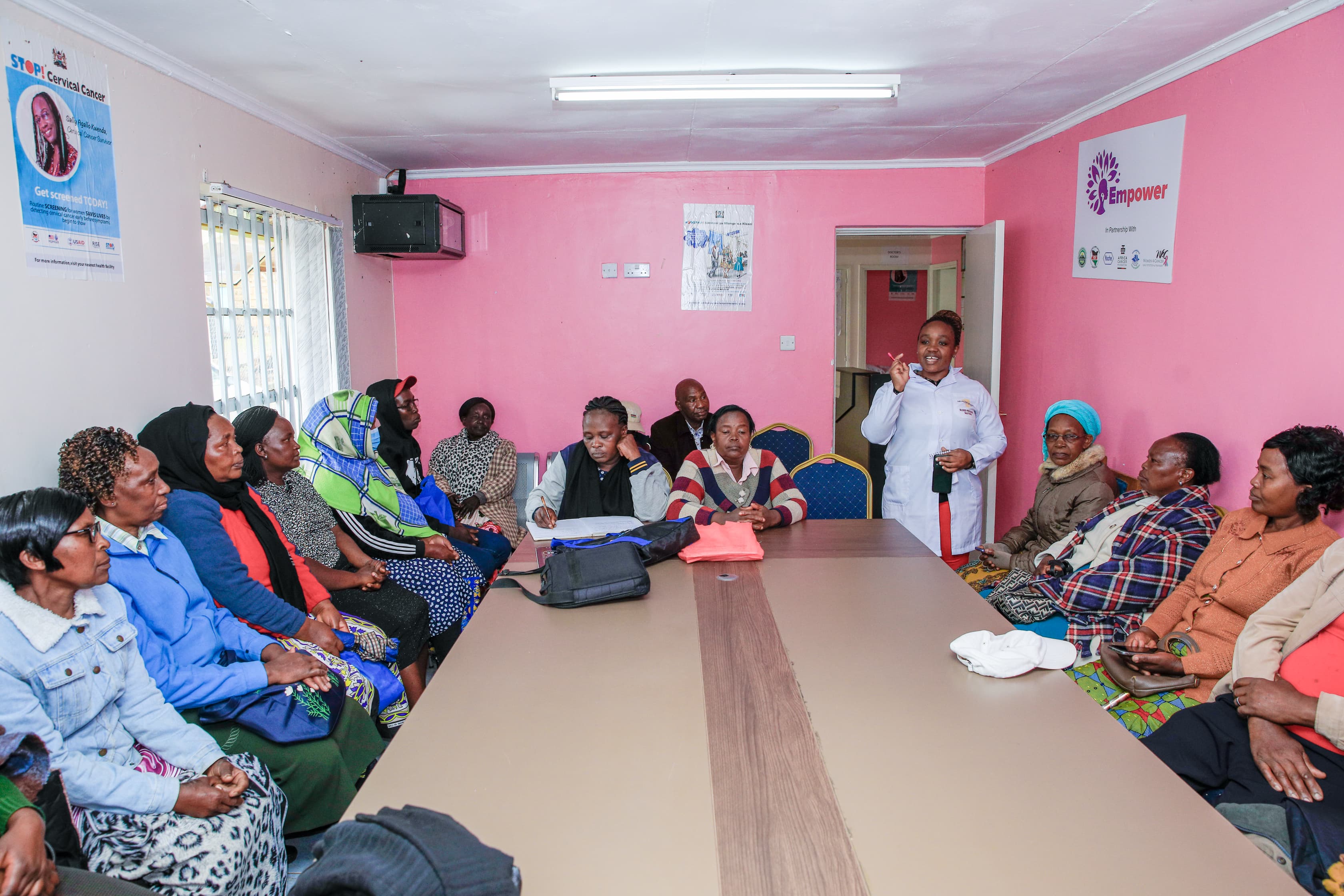The Aga Khan University (AKU) has secured a significant boost in its fight against cervical cancer with a Sh19.7 million ($150,000) research grant from the National Institutes of Health (NIH).
This funding is specifically designated for conducting clinical trials for a pioneering low-cost, handheld 3D medical imaging device in Kenya.
Part of a broader Sh262.7 million ($2 million) initiative from the National Cancer Institute (NCI), the grant aims to propel research and development efforts alongside clinical trials of the device at AKU facilities in Kenya, Malawi, and the United States.
This handheld device, developed in collaboration with Pensievision Inc, is poised to revolutionize cervical cancer detection by providing real-time, high-resolution 3D images of the cervix.
Elkanah Omenge, Chair of the Department of Obstetrics and Gynaecology at AKU Medical College, East Africa, and co-principal investigator on this grant, underscored the significance of this funding.
Read More
"We aim to play a role in the early detection, diagnosis, and treatment of cervical cancer patients, which will help to combat the disease," said Omenge.
The project, slated to commence in September, will span AKU's medical facilities, including the Aga Khan University Hospital in Nairobi, its outreach clinics, and community-level engagements.
Omenge expressed enthusiasm for the imminent clinical trials, emphasizing their potential impact on cervical cancer management.
Joe Carson, co-principal investigator on the grant and chief of Pensievision Inc, shared his excitement about the upcoming trials, highlighting the collaborative efforts with AKU.
"We've spent years in research and development, so we are very excited to be starting clinical trials with patients in three countries. Being able to work with the health leaders at AKU has been an incredible opportunity to test new life-saving technologies in the prevention of cervical cancer," Carson stated.
The grant signifies a pivotal step forward in AKU's commitment to advancing healthcare, particularly in combating prevalent diseases like cervical cancer.
With the convergence of research, innovation, and clinical practice, this initiative holds promise for transforming cervical cancer detection and treatment on a global scale.












